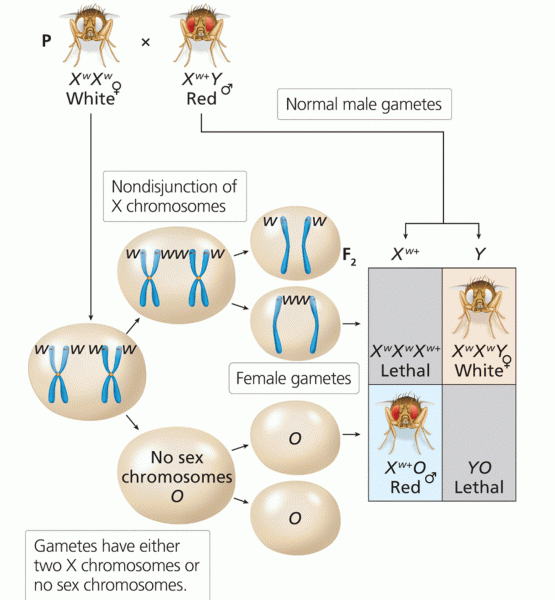This topic contains a solution. Click here to go to the answer
|
|
|
Did you know?
Everyone has one nostril that is larger than the other.
Did you know?
If you could remove all of your skin, it would weigh up to 5 pounds.
Did you know?
On average, the stomach produces 2 L of hydrochloric acid per day.
Did you know?
The human body produces and destroys 15 million blood cells every second.
Did you know?
Amoebae are the simplest type of protozoans, and are characterized by a feeding and dividing trophozoite stage that moves by temporary extensions called pseudopodia or false feet.







